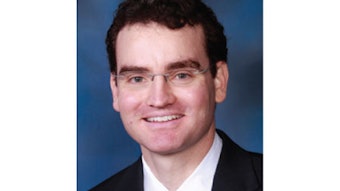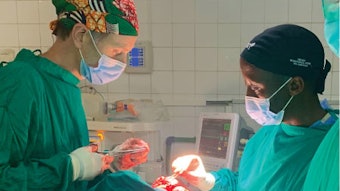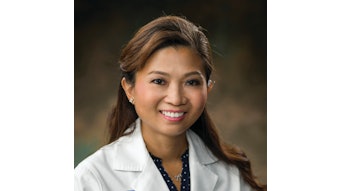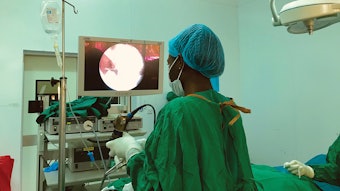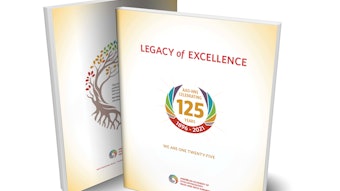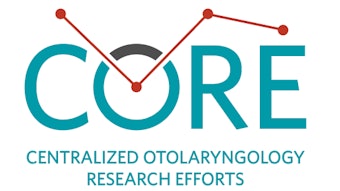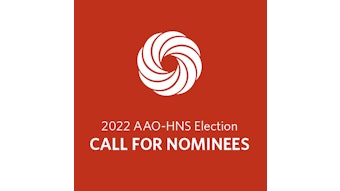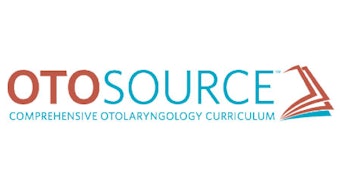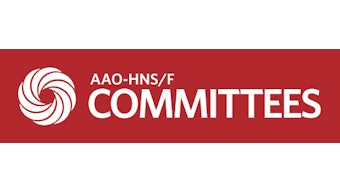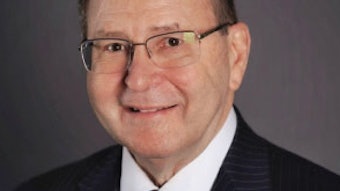BOM/PPSG: Practice Management Solutions
Novel ideas, visions, and strategies to the common business challenges facing otolaryngologists around the country will provide the groundwork for new resolutions and platforms in our common quest to run successful practices even in these turbulent times.
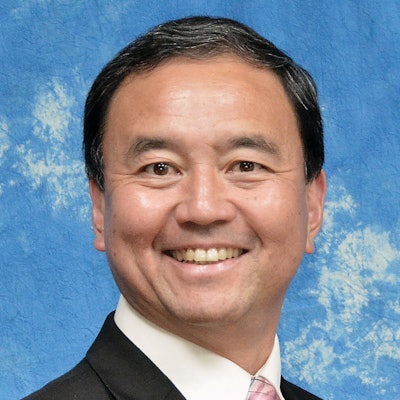 Ken Yanagisawa, MD
Ken Yanagisawa, MD
AAO-HNS/F President
Never settle for the path of least resistance
Livin' might mean takin' chances, but they're worth takin' …
I hope you dance.”
~Lee Ann Womack
Gone are the simple three “A” days of availability, affability, and ability where physicians provided quality care for their patients and received reasonable reimbursement. The new era of medicine expects not only excellent care, but understanding and implementation of the complicated business side of medicine.
Practice management impacts ALL otolaryngologists regardless of setting. Measures including RVUs, quality measures, and consumer rating systems as well as systems concerns including cybersecurity protection, escalating payer and governmental mandates, and enormous human resource needs with emphasis on workforce and recruitment concerns, must be mastered for a practice to survive.
These business aspects are so critical that the 2021 AAO-HNS/F Strategic Plan includes a category titled Business of Medicine (BOM), which will provide academic, hybrid, and private practitioners alike the education and support to help practitioners attain efficiency and success.
The goals of the BOM are: [1] To advocate for appropriate reimbursement and diminished administrative burdens, [2] To promote awareness of existing practice management resources through collaboration with administrator colleagues, [3] To develop an active forum for collaboration on practice management support, and [4] To develop strategic models for incorporating advanced practice providers (APPs) into team-based otolaryngology care.
Our Advocacy team continually surveys the payer and governmental challenges thrust into our daily lives and pursues appropriate legislative support. If local concerns arise, please reach out to our Board of Governors Regional Representatives so that national commonalities can be identified and addressed. Collaboration with our Administrative Support Community for ENT (ASCENT) has been steadily increasing with continued participation at our Board of Directors (BOD) meetings.
Private practices, as small business entities, face these mounting challenges on a daily basis and can offer unique and innovative strategies to overcome our obstacles. The BOD has recognized a need to create a forum where private practitioners— some who have felt quite isolated and disenfranchised—can gather, collaborate, and generate solutions to our business concerns. Thus, the new Private Practice Study Group (PPSG) was created and spearheaded by BOD At-large Directors Eugene G. Brown III, MD, and William R. Blythe, MD. From the outset, there has been tremendous interest and an outpouring of enthusiasm to contribute to this important group. Capturing the experiences and knowledge of this cohort—which still represents 60% of our Academy membership—will be important for the BOM project to succeed and create understanding and remedies that will aid practitioners throughout our specialty.
The PPSG has its own ENT Connect Community and will work closely with the Academy’s 3P Workgroup and Advocacy team. It is already bringing out contributions from otolaryngologists across the nation who have not previously contributed through our current AAO-HNS channels. The goal is to create a group where private practitioners value the offerings and feel valued for their insights about a wide range of concerns, including billing and coding, marketing, recruitment, and insurer strategies. This important part of our community will have a voice to share their experiences and knowledge. For those interested in leadership development, a new stream of opportunities will be created. With success, this group should grow into an Academy section.
It is critical that we mentor our trainees—medical students, residents, and young physicians—about the joys, opportunities, and challenges of a private practice career. The resident exposure to private practice is variable around the country, with some programs not offering a private practice experience. For some medical students, no otolaryngology experience at all is available at their home institutions. Trainees should understand their full range of practice opportunity options before making their career choices. Recruitment options for private practices can be augmented.
During the PPSG’s inaugural meeting, great foundational concepts were discussed. Congratulations to the newly elected Chair of the PPSG, Marc G. Dubin, MD, and the Vice-Chair, Mary T. Mitskavich, MD!
I am excited to support this new venture. Novel ideas, visions, and strategies to the common business challenges facing otolaryngologists around the country will provide the groundwork for new resolutions and platforms in our common quest to run successful practices even in these turbulent times. Let’s rise together to increase our business acumen. As Lee Ann Womack advocates, “And when you get the choice to sit it out or dance. I hope you dance.”

